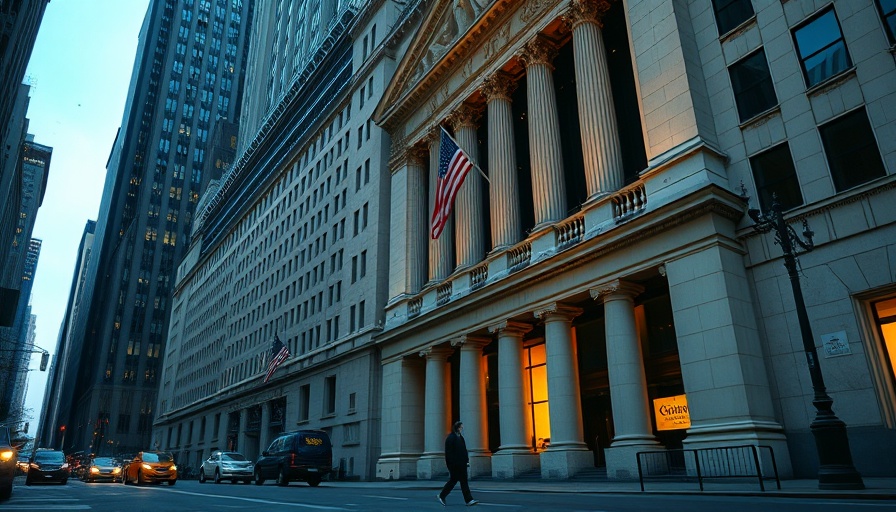
Legal Action Sparks Debate on Free Speech and University Activism
The recent lawsuit against pro-Palestinian advocates at Columbia University has unleashed a firestorm of controversy surrounding the boundaries of free speech and the role of universities in political activism. Filed in Manhattan federal court, this legal action positions the defendants, including various student-led organizations, as alleged 'propaganda arms' for Hamas—an assertion likely to escalate tensions within the campus community and beyond.
Understanding the Nature of the Lawsuit
The plaintiffs in this case consist of nine individuals deeply affected by the Hamas attacks on October 7, 2023, which saw numerous casualties and hostages taken. Their complaint claims that the defendants have coordinated activities that support Hamas’s objectives, thus undermining the safety and wellbeing of Jewish students and those sympathetic to Israel on campus. The lawsuit highlights several specific allegations, including a need for accountability regarding actions that might be construed as endorsing violence or terrorism.
The Broader Context of Free Speech on College Campuses
This lawsuit inevitably brings to the forefront the ongoing national conversation about free speech in academic settings. While many advocate for the right to express political views and support for global causes, others argue that such advocacy can cross a line into insensitivity or even complicity with extremist views. Institutions like Columbia face the challenging task of balancing these competing interests while fostering an inclusive environment.
The Impact of Campus Activism on Political Discourse
Activism on college campuses has historically served as a springboard for broader societal issues, from civil rights movements to anti-war demonstrations. Today's political climate, particularly relating to the Israeli-Palestinian conflict, presents unique challenges. Student groups often serve as a microcosm of larger societal debates, drawing both fervent support and intense backlash. For instance, while supporters of pro-Palestinian organizations argue that they are exercising their democratic right to protest, opponents claim that such demonstrations may incite hatred or violence.
Potential Consequences for Columbia University
The ramifications of this lawsuit extend beyond the individuals named within it. Columbia University itself may face significant scrutiny, both legally and publicly. With the roots of the case touching on accusations of institutional failure to protect its students or to appropriately manage the activities of its organizations, the university's response will be critical. Will they affirm their commitment to free speech, or will they take steps to revisit how political advocacy is managed on campus?
Cultural Perspectives on the Issue
Students, alumni, and community members hold diverse opinions on this legal matter. Many aligned with Jewish organizations feel this lawsuit is a necessary step toward accountability in an increasingly hostile environment for pro-Israel voices. Conversely, supporters of the accused groups argue that this lawsuit threatens the very fabric of free expression on college campuses, asserting that stifling dissenting voices could lead to an oppressive academic atmosphere.
A Future of Conflict or Collaboration?
The resolution of this case could set important precedents regarding free speech and political activism within educational institutions. As campuses continue to be hotbeds for discussion on critical global issues, the outcomes may prompt either more stringent regulations on student organizations or a renewed commitment to protect all forms of political expression. Engaging in constructive dialogue, rather than litigation, may be the path forward for both sides.
In conclusion, as this case unfolds, it will undoubtedly draw attention not only to Columbia University but also to similar debates at colleges nationwide. Navigating these complex issues is essential for fostering environments conducive to learning while respecting all voices in the dialogue.
 Add Row
Add Row  Add
Add 



Write A Comment